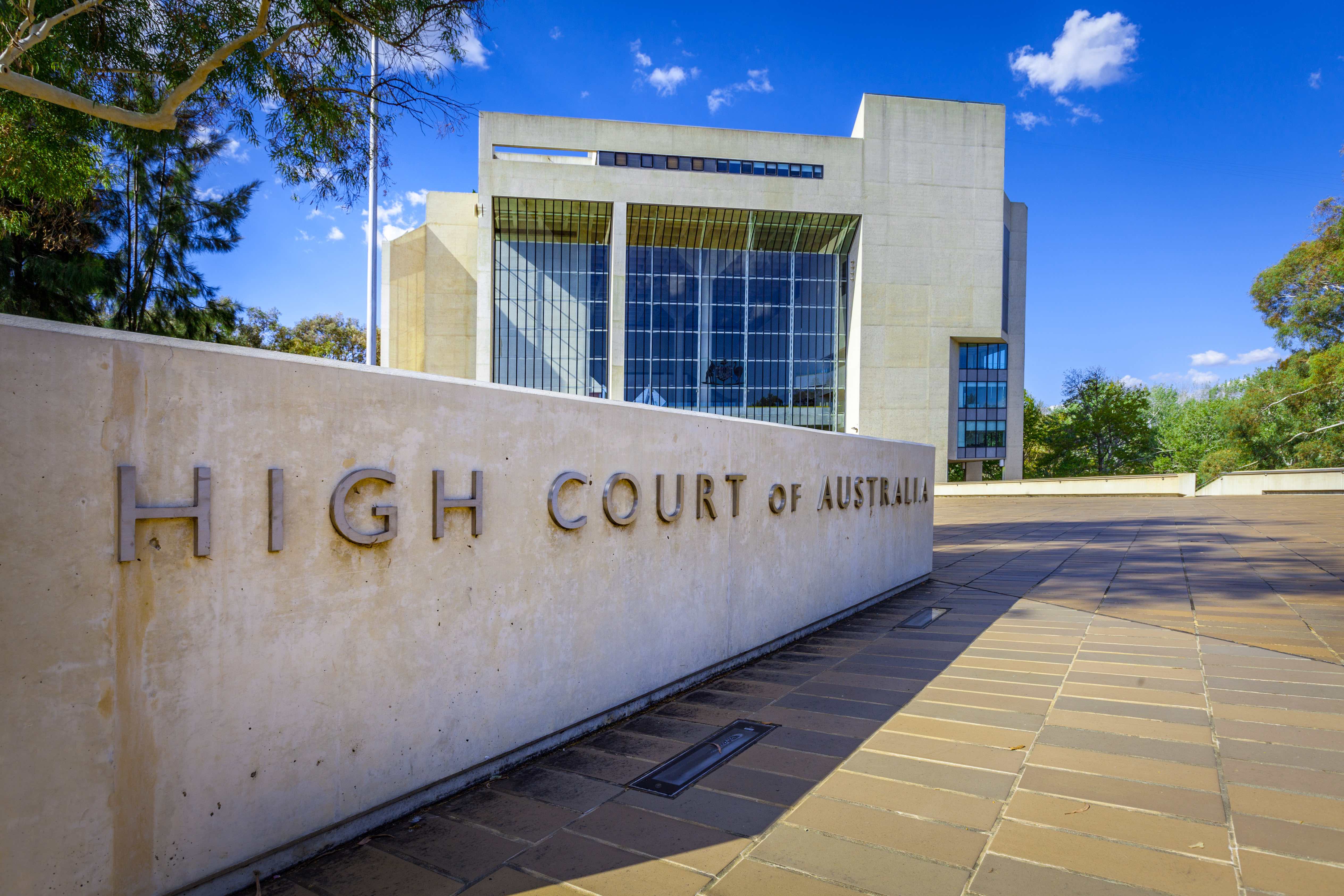High Court. Was para 8.5(2) of Direction 110 referring to the cancelled visa, instead of a BVR? If a judicial review applicant inadvertently provided the Department with legal advice he had received, and the advice constituted relevant material adverse to him, can this attract an obligation of procedural fairness requiring disclosure to him of his error and an opportunity for him to claim legal professional privilege over the legal advice?
Direction 110 included the following paragraphs:
9. Other considerations
(1) In making a decision under section 501(1), 501(2) or 501CA(4), the considerations below must also be taken into account, where relevant, in accordance with the following provisions. These considerations include (but are not limited to):
a) legal consequences of the decision;
...
9.1 Legal consequences of decision under section 501 or 501CA
(1) Decision-makers should be mindful that unlawful non-citizens are, in accordance with section 198, liable to removal from Australia as soon as reasonably practicable in the circumstances specified in that section, and in the meantime, detention under section 189, noting also that section 197C(1) of the Act provides that for the purposes of section 198, it is irrelevant whether Australia has non-refoulement obligations in respect of an unlawful non-citizen.
...
9.1.1. Non-citizens covered by a protection finding
(1) Where a protection finding (as defined in section 197C of the Act) has been made for a non-citizen in the course of considering a protection visa application made by the non-citizen, this indicates that non-refoulement obligations are engaged in relation to the non-citizen.
...
(3) Decision-makers should also be mindful that where the refusal, cancellation or non-revocation decision concerns a protection visa, the person will be prevented by section 48A of the Act from making a further application for a protection visa while they are in the migration zone (unless the Minister determines that section 48A does not apply to them — see sections 48A and 48B of the Act). Further, as a result of a refusal or cancellation decision under section 501 or a non-revocation decision under section 501CA, the person will be prevented from applying for any other class of visa except a Bridging R (Class WR) visa (see section 501E of the Act and regulation 2.12AA of the Regulations.
In making a decision under s 501CA(4) of the Migration Act 1958 (Cth) not to revoke the mandatory cancellation of the plaintiff's TPV, the delegate's reasons said as follows, as the plaintiff was the subject of a protection finding in respect of his country of citizenship, and there was no real prospect of his removal to a third country at that time:
117. I am aware that even if a non-revocation decision is made under s 501CA(4), [the plaintiff] will not remain indefinitely in detention. He will be released from immigration detention. The Minister will separately consider the type of visa on which he should reside and conditions to be imposed on that visa, following further advice from the Department.
Some of the questions to the High Court (HCA) were as follows:
Question 1: Was a delay of about four months to file a judicial review application excessively long?
Question 2: Can it be inferred from the provisions of Direction 110 extracted above that, "as a consequence of the delegate's decision not to revoke the cancellation of the plaintiff's TPV, the plaintiff would be considered for and would most likely be the subject of a grant of the BVR including the mandatory conditions to which such visas are subject"?
Question 3: Was the statement that the Minister "will separately consider the type of visa on which [the plaintiff] should reside" incorrect, in that the only "type" of visa that could be granted to the plaintiff after the delegate decided not to revoke the cancellation of the plaintiff's TPV was the BVR?
Question 4: If the answer to Question 3 is 'yes', can it nevertheless be said that the delegate made no jurisdictional error in that, "although the words "the type of" are inapt in their application to the visa the plaintiff could be granted, they are apt for the conditions to be imposed on any such BVR as only certain conditions are mandatory whereas other conditions are discretionary"?
Question 5: Was para 8.5(2) of Direction 110, in saying that "the Australian community would expect that the person should not be granted or continue to hold a visa", in the case of a visa that has been subject to mandatory cancellation, referring to the cancelled visa, instead of a BVR?
Question 6: If a judicial review applicant inadvertently provided the Department with legal advice he had received, and the advice constituted relevant material adverse to him, can this attract an obligation of procedural fairness requiring disclosure to him of his error and an opportunity for him to claim legal professional privilege over the legal advice?
The HCA answered those questions as follows:
The remainder of this article is only available to Case Law and Platinum subscribers.
Read our Terms & Conditions and upgrade below:
Monthly Subscriptions
Annual Subscriptions
Where GST applies, the above amounts are inclusive of GST.
Content Types
Basic Content includes basic news, some media articles and selected announcements.
Premium Content includes all our content, except for Case Law Content. In other words, it includes Basic Content, plus all our articles on legislative and policy changes, industry updates and the Migration Legislation Tracker.
Case Law Content includes Basic Content, plus case law summaries, analysis and extract, but does not include Premium Content.
Platinum Content includes Basic Content, plus Premium Content, plus Case Law Content. In other words, it includes ALL our content.
If you already have a Case Law or Platinum subscription, click on 'Login' below.











